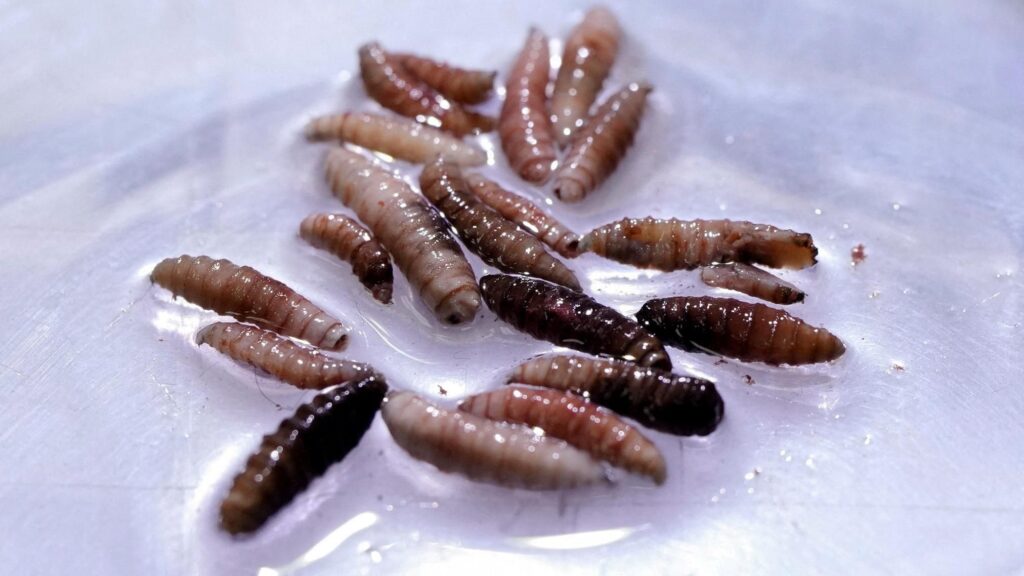First Human Case of New World Screwworm Confirmed in the United States
Health officials in the United States have reported the first confirmed case of New World screwworm (NWS) myiasis in a human. This parasitic infestation was detected in a patient who had recently traveled to El Salvador. The Department of Health and Human Services (HHS) announced the confirmation of the case on August 4th.
Understanding NWS Myiasis
NWS myiasis is caused by the larvae, known as maggots, from parasitic flies. While these pests typically target livestock, the risk to the general public in the U.S. has been assessed as “very low” by health authorities. The Centers for Disease Control and Prevention (CDC) collaborated with Maryland’s health department to investigate this case, marking it as the first instance of travel-associated NWS myiasis reported from an outbreak-affected country in the U.S.
Geographical Spread and Risks
The NWS larva primarily feeds on living tissue, which makes it a serious threat to livestock and occasionally pets and wildlife. Although outbreaks have been curtailed to some extent, the parasite has been confirmed in every country in Central America, in addition to cases in both the U.S. and Mexico. The CDC emphasizes that humans, especially those with open wounds, are at greater risk of infestation when traveling to regions where these flies are prevalent or when in close proximity to livestock.
Response and Mitigation Efforts
In response to this alarming health concern, the USDA’s Animal and Plant Health Inspection Service (APHIS) has coordinated with other agricultural agencies, the State Department, and the Food and Agriculture Organization of the United Nations to combat the outbreak. According to the USDA, “When NWS fly larvae burrow into the flesh of a living animal, they cause serious, often deadly damage to the animal.” While infestations are primarily reported in livestock, they can rarely affect humans.
Economic Impact of Outbreaks
The emergence of NWS in livestock could result in severe financial repercussions, jeopardizing over $100 billion (£73.9 billion) related to the cattle and livestock industry. Authorities remain vigilant in their efforts to prevent further spread and to protect both animal and public health.
Key Information About NWS Myiasis
| Aspect | Details |
|---|---|
| Condition | NWS Myiasis |
| Origin | Found in El Salvador |
| Affected Population | Primarily livestock, humans at risk |
| Potential Economic Impact | Over $100 billion |
| Current Public Health Risk | Very Low |
As the situation develops, health departments and agricultural agencies continue to monitor and implement strategies to mitigate the risks posed by this parasitic threat.


